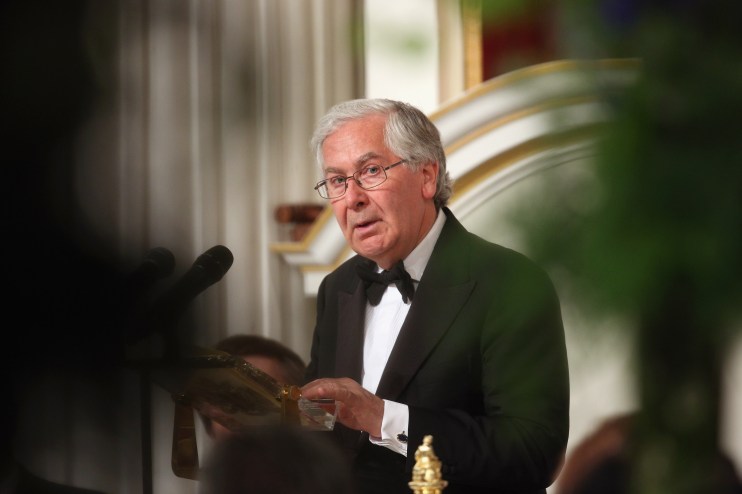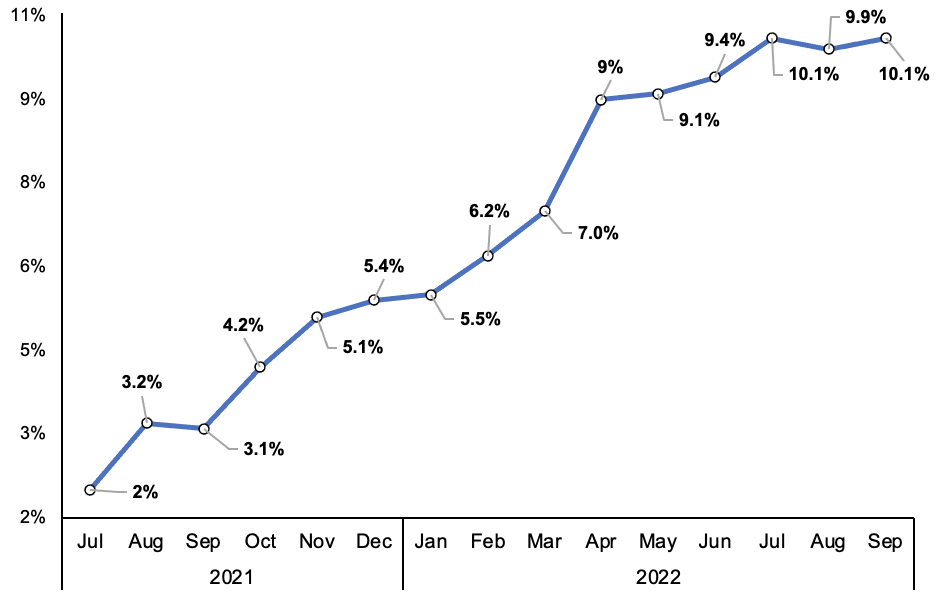Central banks’ Covid QE splurge was a ‘mistake’, ex BoE governor King says

Central banks were wrong to inject money into their respective economies through quantitative easing during the pandemic, the former governor of the Bank of England said today.
Speaking to the BBC, Mervyn King, who steered the central bank through the global financial crisis, accused central banks of losing “control of inflation”.
The Bank’s decision to keep pumping money into the economy during the Covid-19 crisis was a “mistake” that fuelled inflation, he said.
“All central banks in the west, interestingly, have made the same mistake… central banks decided it was a good time to print a lot of money. That was a mistake,” King, 74, said.
“We had too much money chasing too few goods,” he added.
The Bank of England, US Federal Reserve and European Central Bank all ramped up their bond buying programmes – known as quantitative easing (QE) – during the pandemic to support asset prices and keep financial conditions loose.
Experts have argued this drove inflation higher in the western world by stimulating demand. However, critics say QE does not cause inflation as most of the extra money is contained in the financial system and does not trickle down to the real economy.
Prices have risen 10.1 per cent over the last year in the UK, the fastest acceleration in 40 years.
Inflation has soared to a 40 year high

That rate is now over five times the Bank’s two per cent.
Current governor Andrew Bailey and the rest of the monetary policy committee (MPC) have raised interest rates seven times in a row to 2.25 per cent, including two back-to-back 50 basis point hikes.
The MPC is expected by markets to lift rates 100 basis points at their next meeting on 3 November.
King also slammed Liz Truss’s tax cutting mini-budget for setting the public on an unsustainable track.
Those £45bn worth of unfunded tax cuts on 23 September sparked volatility on UK financial markets, forcing Truss to ditch nearly all the package and eventually into resigning as prime minister last week, making her the shortest serving incumbent in Number 10 ever.
“Markets respond to the announcements made by governments and central banks,” King said.